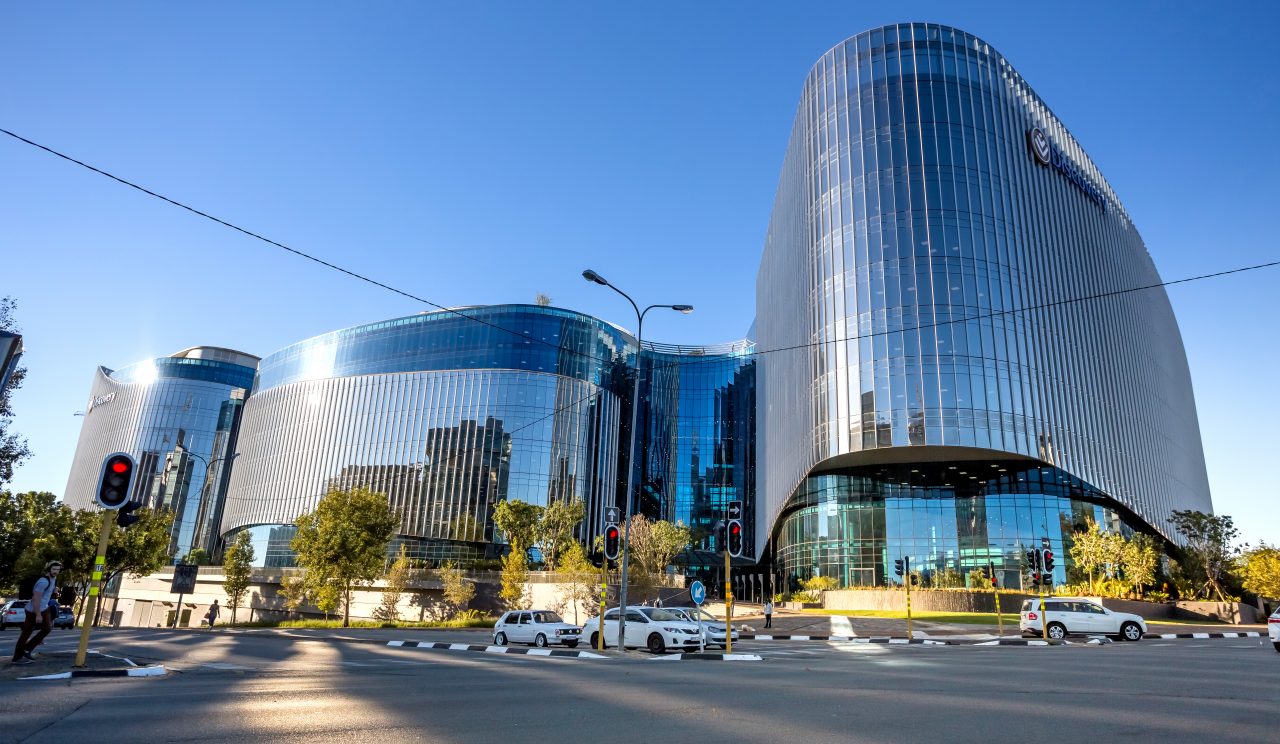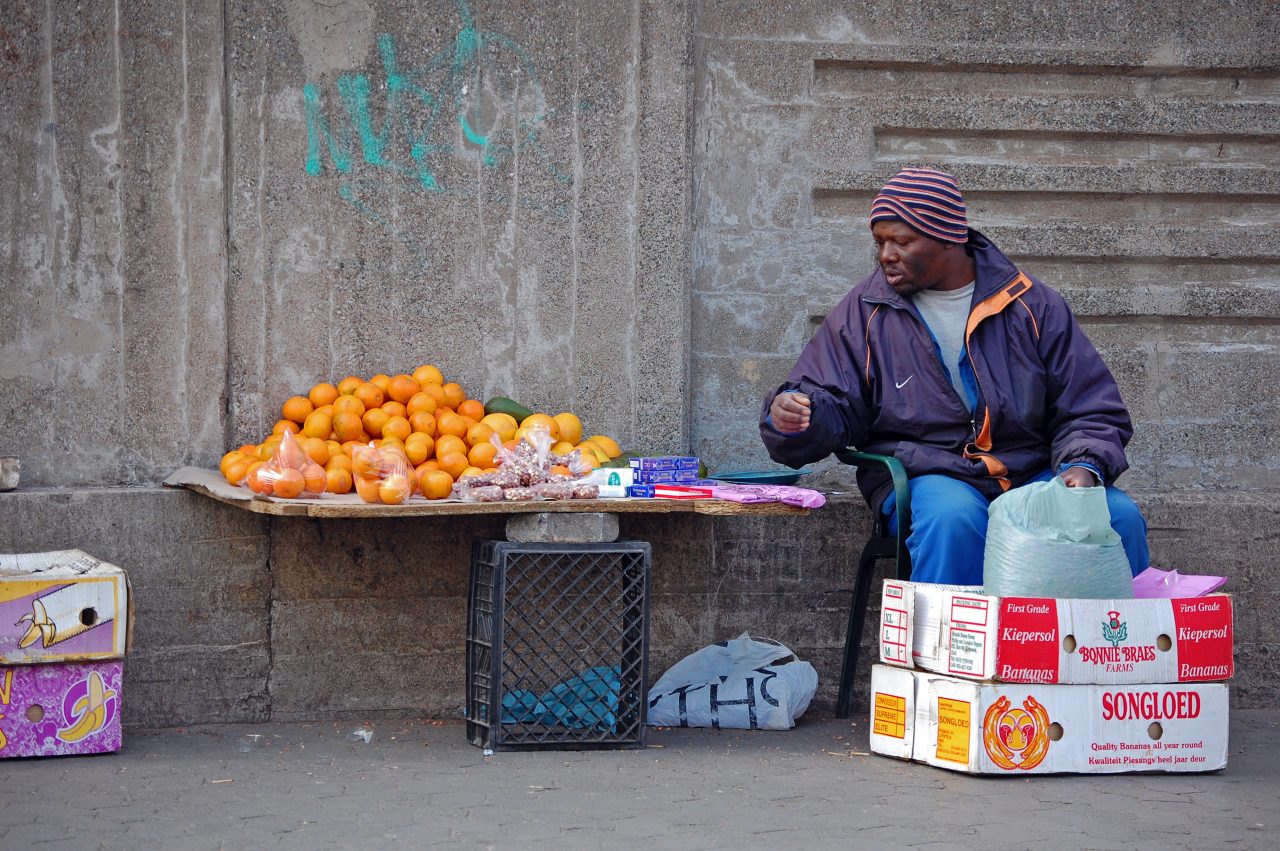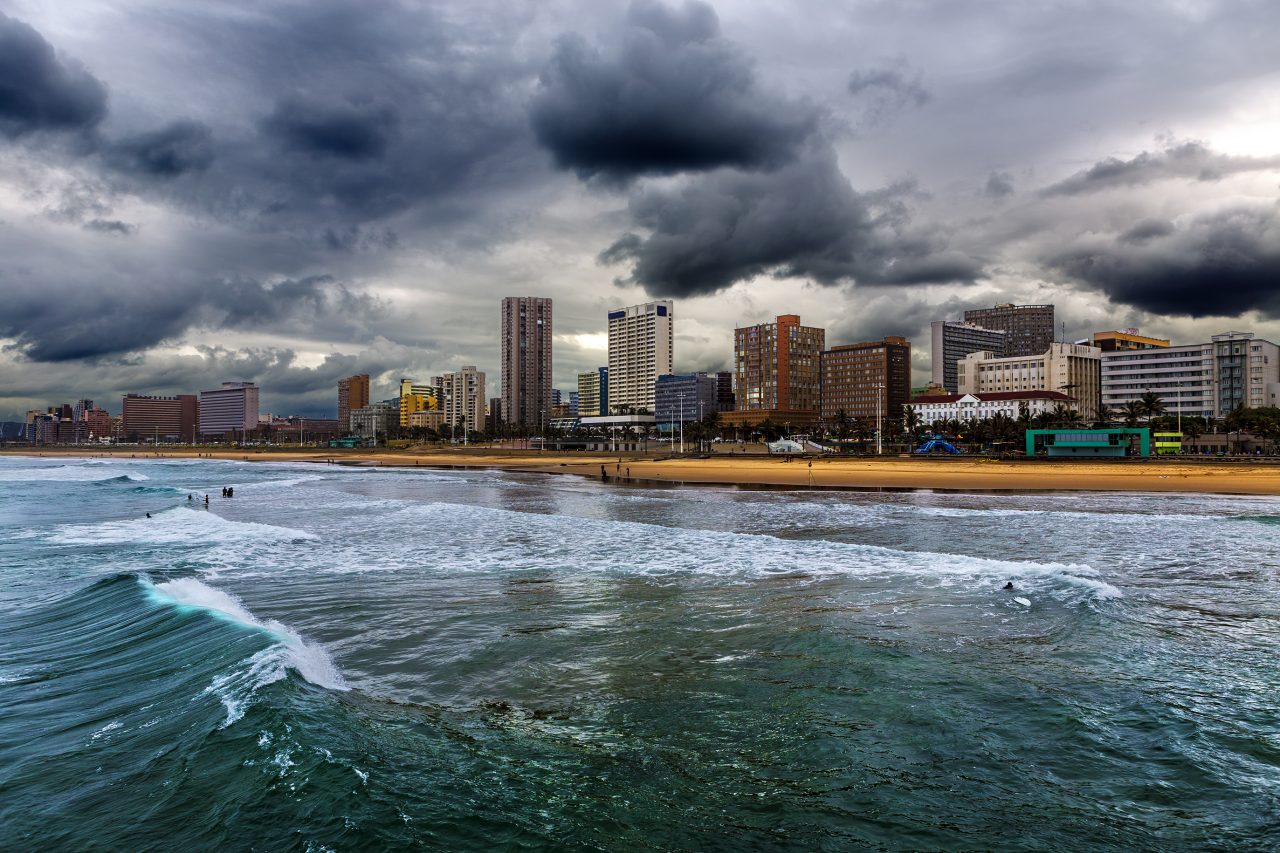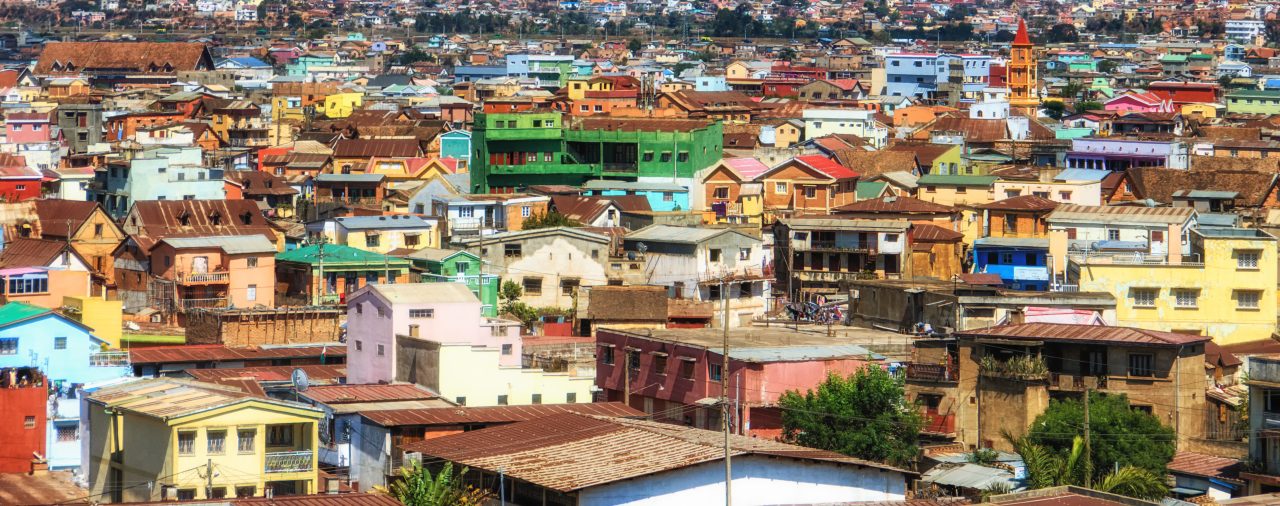Join GlobalBizzNetwork and start your international business network today.
Gauteng
Gauteng’s most important economic sectors are financial and business services, logistics and communications, manufacturing, property, telecommunications and trade.
Gauteng is:
- the centre of South Africa’s motor manufacturing industry
- the country’s centre of finance and industry, and is home of the nation’s banks, law and accounting firms
- home of the mining houses. While the province’s success was founded on gold mining – South Africa is the world’s fourth-largest producer of gold – Gauteng’s economy has matured to the point where tertiary industries dominate. Nonetheless, Gauteng’s mining and quarrying output is the third-largest of the nine provinces, even though mining makes up only 3.3% of its economy
- home of government services in Pretoria, South Africa’s executive capital, in the Tshwane metro
- the heart of the nation’s telecommunications, information technology and media industries
- home to the industrial areas of Wadeville and Alrode, which combined have the most industries per square kilometre in South Africa
the financial capital of Africa: more than 70 domestic banks have their head offices in the province, and at least that number of foreign banks, stockbrokers and insurance giants - home to the JSE in Johannesburg, the 17th-largest stock exchange in the world by market capitalisation.
Transport
A quick glance at a map of South Africa will show that Gauteng is the geographic heart of the country: all roads and railways lead to the province, and it is home to the country’s main international airport and Africa’s busiest for both passengers and cargo, OR Tambo International Airport. It also boasts two inland ports, City Deep and Kazerne, the hub of an export-growth zone. These serve rail, road and airfreight customers throughout the Southern African region.
Gautrain Rapid Rail Link
The Gautrain Rapid Rail Link is a state-of-the-art rapid rail network for Gauteng. The rail connection comprises two links, one between Tshwane (Pretoria) and Johannesburg and the other between OR Tambo International Airport and Sandton. Phase one of the project, linking Sandton and the airport, was completed just prior to the 2010 FIFA World Cup, while the second and final phase, the Johannesburg-Tshwane link, will be completed in mid-2011. Apart from the four anchor stations on these two links, six other stations will be linked by some 80 kilometres of rail along the proposed route.
Manufacturing
The manufacturing sector alone employs 600 000 people in over 9 000 enterprises. Manufacturing includes basic iron and steel, fabricated and metal products, food, machinery, electrical machinery, appliances and electrical supplies, vehicle parts and accessories, and chemical products.
Banks
South Africa’s formal banks comply with international banking standards and offer one of the most sophisticated banking systems in the world. Customers have online, real-time, nationwide access to bank accounts 24 hours a day, 365 days a year. The fact that the banking sector was relatively unscathed by the recent global banking crisis is testimony to the level of banking supervision and regulation in the province and country.
Media
The national free-to-air broadcasters, the SABC and eTV, are situated in Gauteng alongside subscription TV channel Multichoice – the largest broadcaster on the African continent. Film and documentary-making facilities are also available. The province has the best telecommunications and technology on the continent, with correspondents for the world’s major media stationed here, as well as South Africa’s five television stations. It also has the highest concentration of radio, internet and print media in Africa.
Interesting read:









